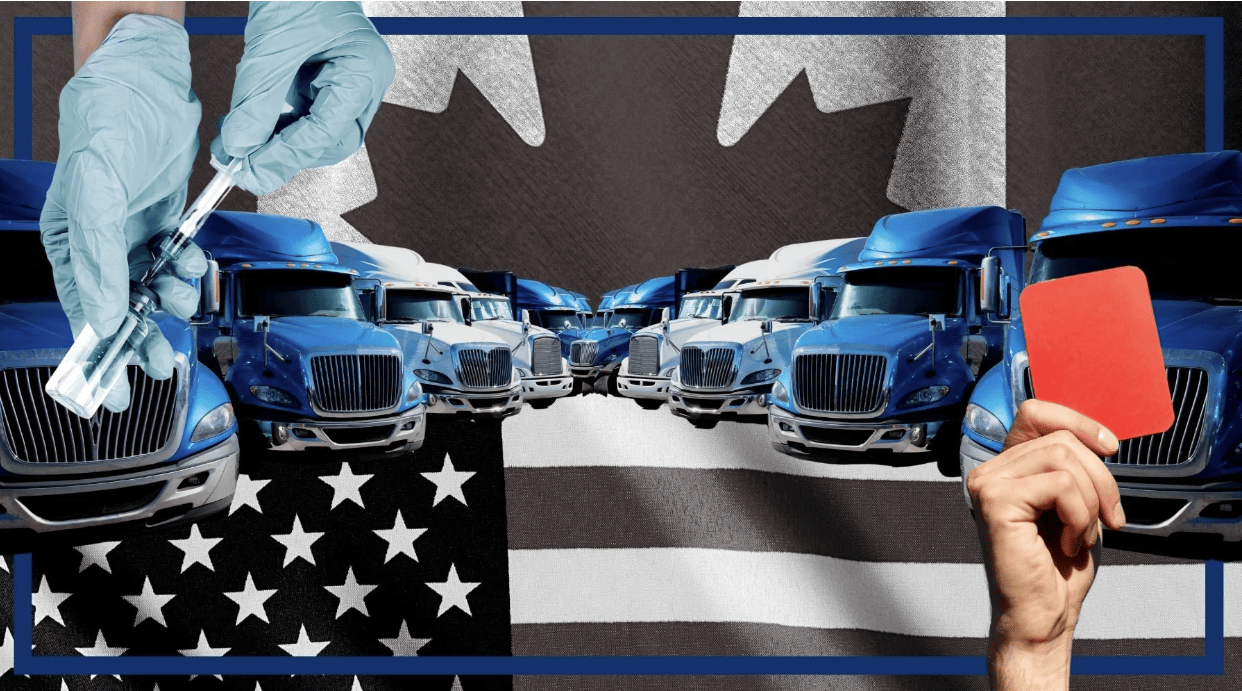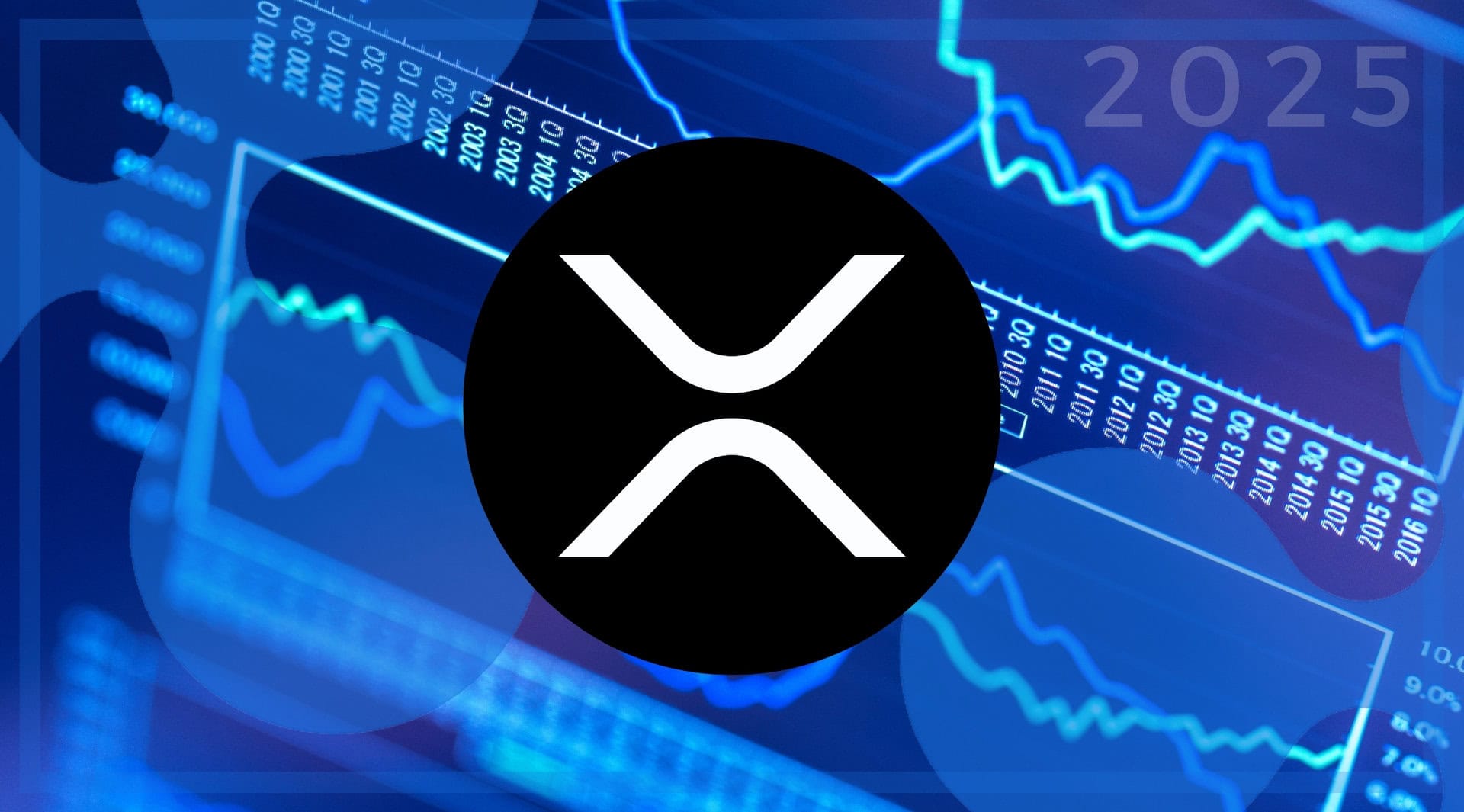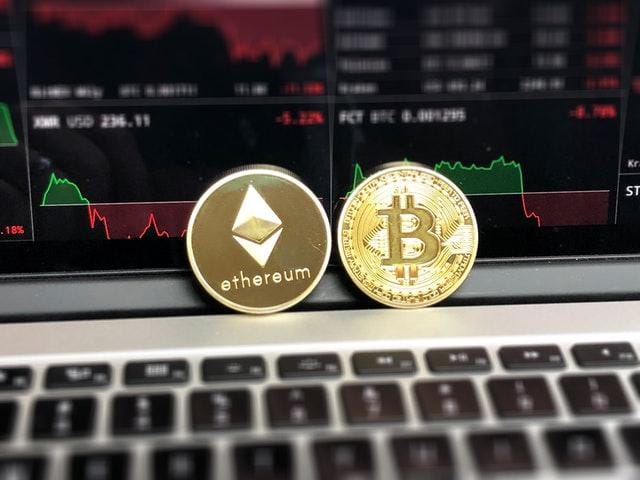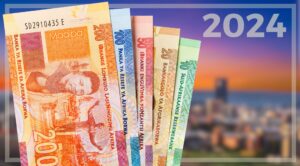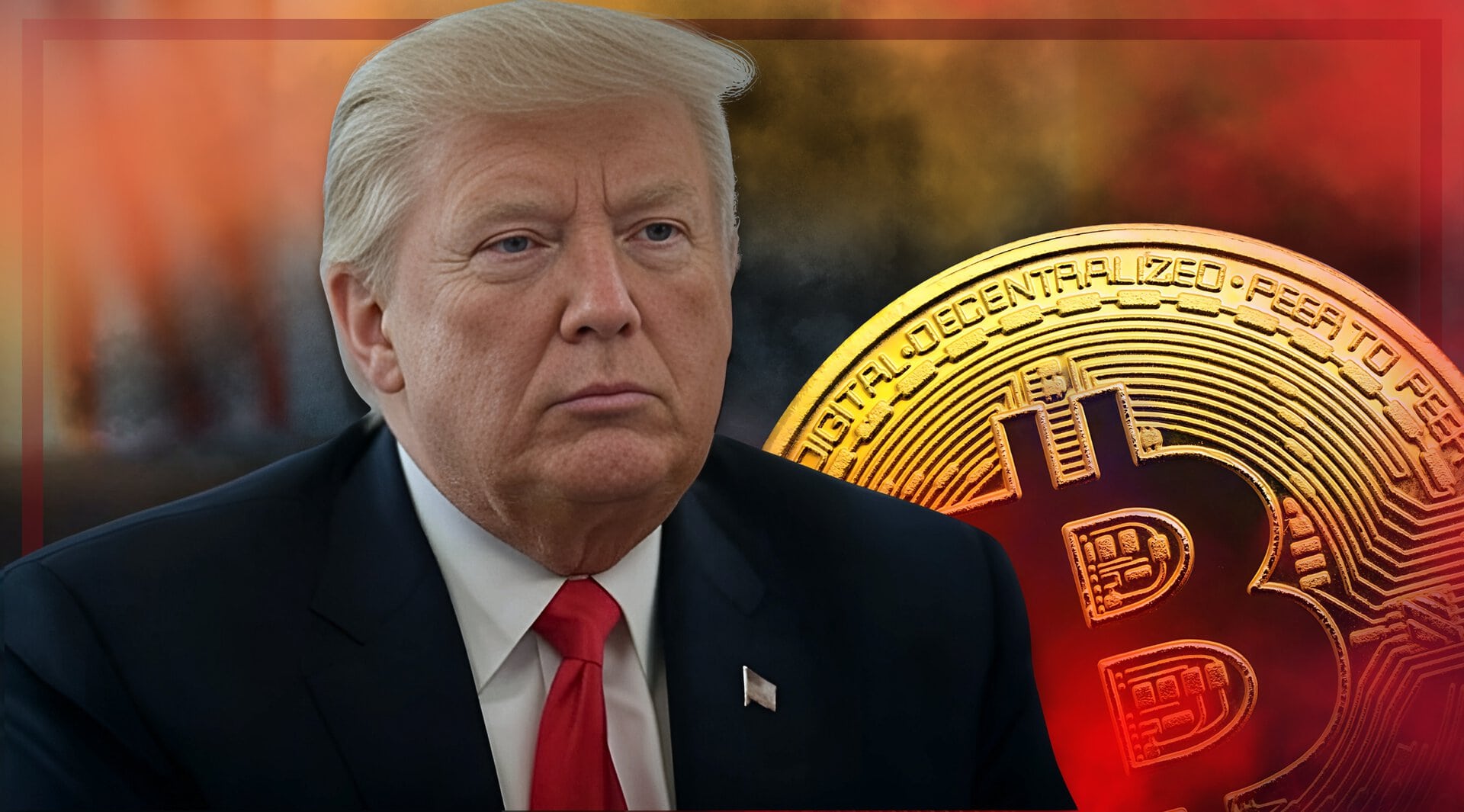In early 2022, during the coronavirus pandemic, Justin Trudeau introduced a piece of legislation in Canada that asserted all truckers must be fully vaccinated to cross the US-Canada border. While about 90% of truckers were estimated to be vaccinated in any case, many were angry about what they saw to be a violation of bodily autonomy and an infringement on individual liberties.
The truckers were particularly angry given the crucial role they had played keeping Canda afloat during the pandemic. The North American country relies to a very large extent on trade with the US: in 2020, the first year of the pandemic, over $22 billion worth of agricultural produce was exported from the US to Canda.
Their reaction to Trudeau’s draconian legislation? The Freedom Convoy: a peaceful protest that involved using trucks to block key roads and bring cities in Canada to a standstill. The protests quickly morphed into a wider movement calling for an end to all coronavirus-related restrictions in the country and sparked similar demonstrations in countries which had equally stringent laws, such as Australia and New Zealand.
Still one of my favorite clip’s highlighting how unifying & incredible the Freedom Convoy really was. 🇨🇦 pic.twitter.com/CFhlNZOr94
— Ryan Gerritsen🇨🇦🇳🇱 (@ryangerritsen) January 31, 2024
Trudeau reacted to these protests in an extraordinary way. Declaring a national public order emergency, he invoked the powers given to him under the Emergencies Act – powers which are usually reserved for extreme situations such as war or natural disaster. In turn, this gave the government the authority to freeze truckers’ personal and corporate bank accounts, suspend insurance on their trucks, and forcibly remove vehicles.
As a result of the freeze on bank accounts, the truckers announced they would be receiving donations via crypto in order to pay for food, accommodation, legal fees, and other essentials. However, the Deputy Prime Minister and Finance Minister, Chrystia Freeland, then announced that she would be broadening the scope of Canada’s financial laws to ensure that payments made via crypto or blockchain would also be targeted.
Civil liberties groups and others expressed concerns about the precedent that this set. In an interview with Disruption Banking, Bitcoin advocate Layah Heilpern argued that Trudeau’s actions showed the dangers associated with a central bank digital currency (CBDC). “Because Justin Trudeau didn’t like the protestors, he froze their bank accounts. If they can do that now, because you don’t fit their narrative, then they can do that with CBDC money as well,” she said. Former Kraken CEO Jesse Powell also condemned the move:
Due process is for plebs. Might makes right in Canada. If someone dissents, you just confiscate their wealth, revoke their licenses, exclude them from the financial system and kill their pets. No need to debate the law, policy or even rights when you have a monopoly on violence. https://t.co/ksx9JpRwSg
— Jesse Powell (@jespow) February 17, 2022
The Canadian courts appear to agree. A ruling by the Federal Court of Canda last week found that the use of the Emergencies Act to freeze crypto transfers was unconstitutional. Justice Richard Mosley ruled that “there was no national emergency justifying the invocation of the Emergencies Act and the decision to do so was therefore unreasonable.”
“Emergency powers are necessary in extreme circumstances, but they are also dangerous to democracy. They should be used sparingly and carefully,” Mosley explained. “They cannot be used even to address a massive and disruptive demonstration if that could have been dealt with through regular policing and laws.”
The decision was welcomed by civil rights groups and the truckers themselves. After all, an important precedent has been set: both fiat money and crypto cannot be seized by the government in response to peaceful protests with which they disagree.
However, the government is not backing down. Chrystia Freeland has said that they will be appealing the courts’ decision. The outcome of that appeal will have serious implications for Canadians and the relationship they have with both their money and their government.
Author: Harry Clynch
#Canada #FreedomConvoy #Crypto #Truckers


